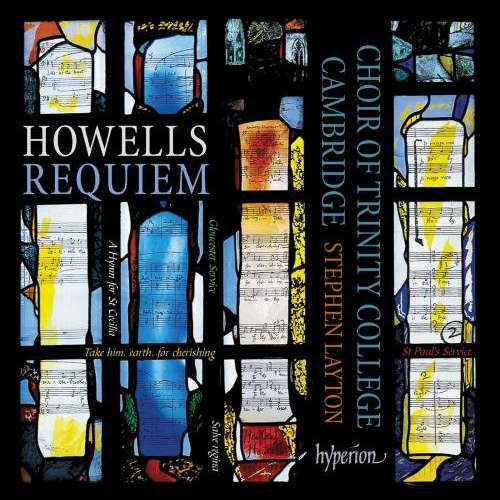- Samuel Dushkin
- Still Still Still
- Eileen Joyce
- Key'mon Murrah
- Young Gyu Choi
- Samuel Coleridge-Taylor: Violin Concerto in G minor
- Ugo Ranieri
- DAI Stuttgart
Charles Lecocq
French composer Charles Lecocq was born in Paris on 3 June 1832 into a poor family, and with a hip condition that made it necessary for him to use crutches all through his life. From 1849 he studied at the Paris Conservatoire - harmony with François Bazin, organ with François Benoist and composition with Fromental Halévy. His fellow students included Camille Saint-Saëns, who became a life-long friend, and Georges Bizet. Lecocq had to abandon his studies early, in 1854, to help support his parents, which he did by teaching and by playing for dance classes.
In 1856 Lecocq and Bizet were joint winners of a competition set up by Jacques Offenbach for young composers. Five short-listed candidates were asked to set a libretto by Ludovic Halévy and Léon Battu - Le docteur miracle. Bizet's version survived, but Lecocq's, after eleven performances at Offenbach's theatre, was forgotten, and Lecocq settled into routine life as an accompanist, répétiteur and teacher for the next eleven years. He continued to compose, and wrote six single-act works during this period, none of which made much impression when they were performed.
He was luckier with L’amour et son carquois, his first two act work, written for William Busnach at the Théâtre de l'Athénée, and presented at the start of 1868. His first real success came later the same year with the three-act Fleur-de-Thé, based on the Far East, very fashionable at the time, and this received succesful performances in London and New York in 1871.
During the 1870-1871 Franco-Prussian War he moved to Brussels and was successful with Les cent vierges (1872), Giroflé-Girofla (1874) and particularly with La fille de Madame Angot (1872), which received 411 performances in Paris and 103 in other places in France and abroad. The 1870s were his most successful years, with two more long-running stage works - La petite mariée (1875) and Le petit duc (1878).
He continued writing into the twentieth century, but didn't alter his style to account for changing public taste, and his music went out of fashion before the end of the nineteenth century.
Charles Lecocq died in Paris on 24 October 1918, aged eighty-six and, unlike Offenbach's, his music mostly fell into obscurity.



